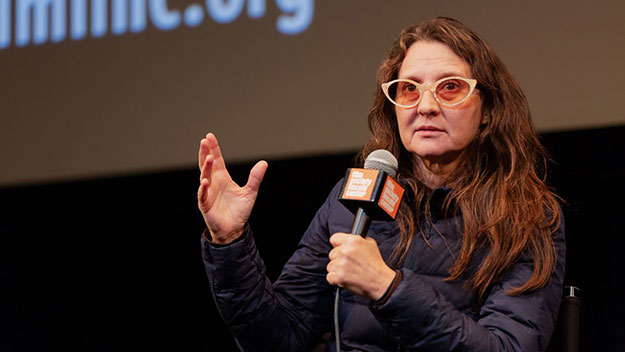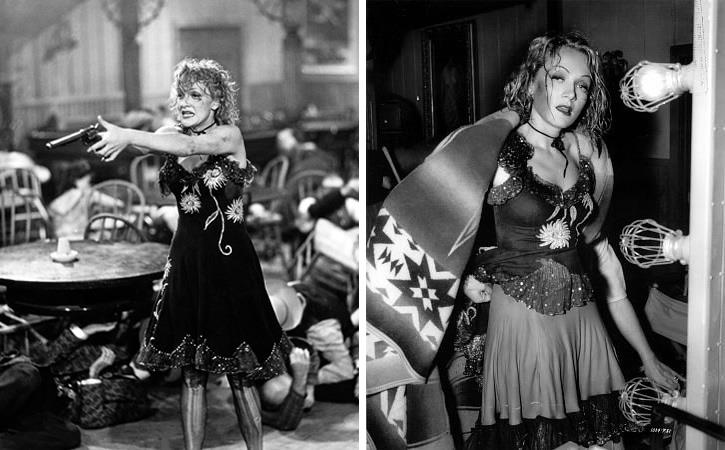News to Me: Week of April 23
Lucrecia Martel’s Next Film

With Zama’s distinctive adaptation of Antonio di Benedetto’s novel about a Spanish conquistador in 18th-century South America, Lucrecia Martel confronts what has always been a spectral presence in her work: the colonial history of Argentina. For her next project, Martel will explore the present-day manifestations of this history through a documentary about Javier Chocobar, an indigenous Argentinian activist murdered in 2009 over a land dispute.
María Alché, who played the lead role in Martel’s sophomore film The Holy Girl (2003), is co-writing the project. While in New York, Martel told Film Comment that they started working on the film in 2010, during the eight-year hiatus between her third feature, The Headless Woman (2008), and Zama.
“Unfortunately, these types of incidents are common,” Martel said of Chocobar’s death. But what drew her to this particular case is that the murder was caught on video, by a member of Chocobar’s tribe. “Not only are we able to see the injustice being done to these people, but also investigate the image. What does the image of the native represent? What is its value? How is it used?” This is linked, she said, to the way in which the language of the law is used to portray the conflict. “Images and language are used to create a machine of exclusion.”
Martel and Alché have been able to reconstruct the ownership of the land in question all the way back to the 17th century, the director said. Through this film, they intend to interrogate “the legitimacy of property in Latin America and how that discourse is sustained or supported.”
This will be Martel’s first foray into documentary, which she believes is the genre that has “most pushed and evolved the language of film in the last century.” She is currently experimenting to find the right form for the film, and to adapt her distinctively elliptical and subjective style—which privileges sensory immersion over linear narrative—to Chocobar’s story.
“White people have access to the culture and the decisions of the country. I am trying to find the devices to show how we deconstruct and relate to the Other, to the indigenous, to the unknown. What are our strategies to make them invisible in law and for any benefits as citizens?” Martel said. “I’m still figuring out the devices to expose that.”—Devika Girish
Films on the Horizon

James Gray, who recently wrapped production on his space-thriller Ad Astra, starring Brad Pitt, is going down the franchise route: he has signed on to direct an adaptation of Terry Hayes’s espionage novel trilogy I Am Pilgrim, in which an out-of-retirement spy is tasked with saving America. Pedro Almodóvar’s next—and 21st—film Dolor y Gloria will center on an aging film director struggling to come to terms with his inability to continue making films. It stars Antonio Banderas and Penélope Cruz. And Elia Suleiman has received a grant for his fourth feature, It Must be Heaven, which reportedly shows “the world as a microcosm of Palestine.”—Devika Girish
Readings

National Gallery
✸ Forty Frederick Wiseman films are now available for streaming on Kanopy, which is free with a library card in many cities (including New York).
✸ April 18 marked the 100th birth anniversary of André Bazin. Dudley Andrew writes about his work in the March-April 1973 issue of Film Comment, describing him as “a privileged listener of the world, able to hear amid the noise of life the heartbeat which reveals its core.”
✸ In 1973, after the release of Ganja & Hess, Bill Gunn sent a scathing letter to the editor of The New York Times decrying the “arrogance of white criticism.”
✸ Over at the Los Angeles Review of Books, Sasha Razor interviews the director, cinematographer, and costume designer of sci-fi New York cult film Liquid Sky (1982).

Marlene vs. Mondays







